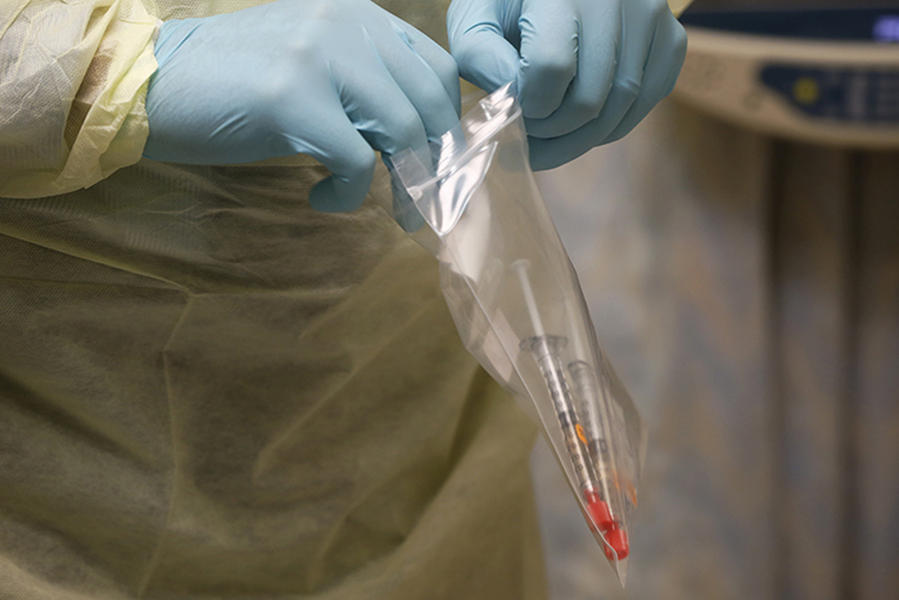N.I.H. discovers improperly stored ricin, other dangerous pathogens


A free daily email with the biggest news stories of the day – and the best features from TheWeek.com
You are now subscribed
Your newsletter sign-up was successful
The National Institutes of Health discovered improperly stored dangerous pathogens in a sweep of its laboratories, the agency announced on Friday.
Following the discovery of vials of improperly stored smallpox in a lab in July, the N.I.H. has been checking all of its facilities for other breaches in lab protocol. The search turned up a bottle of ricin in a box dated 1914, along with samples of pathogens that cause botulism, plague, and melioidosis, a rare tropical infection. The samples were found in collections that dated back prior to the N.I.H.'s more stringent regulations, from an era when scientists kept such dangerous pathogens on common freezers and shelves.
"The finding of these agents highlights the need for constant vigilance in monitoring laboratory materials in compliance with federal regulations on biosafety," a memo from the agency stated.
The Week
Escape your echo chamber. Get the facts behind the news, plus analysis from multiple perspectives.

Sign up for The Week's Free Newsletters
From our morning news briefing to a weekly Good News Newsletter, get the best of The Week delivered directly to your inbox.
From our morning news briefing to a weekly Good News Newsletter, get the best of The Week delivered directly to your inbox.
A free daily email with the biggest news stories of the day – and the best features from TheWeek.com
Sarah Eberspacher is an associate editor at TheWeek.com. She has previously worked as a sports reporter at The Livingston County Daily Press & Argus and The Arizona Republic. She graduated from Northwestern University's Medill School of Journalism.
